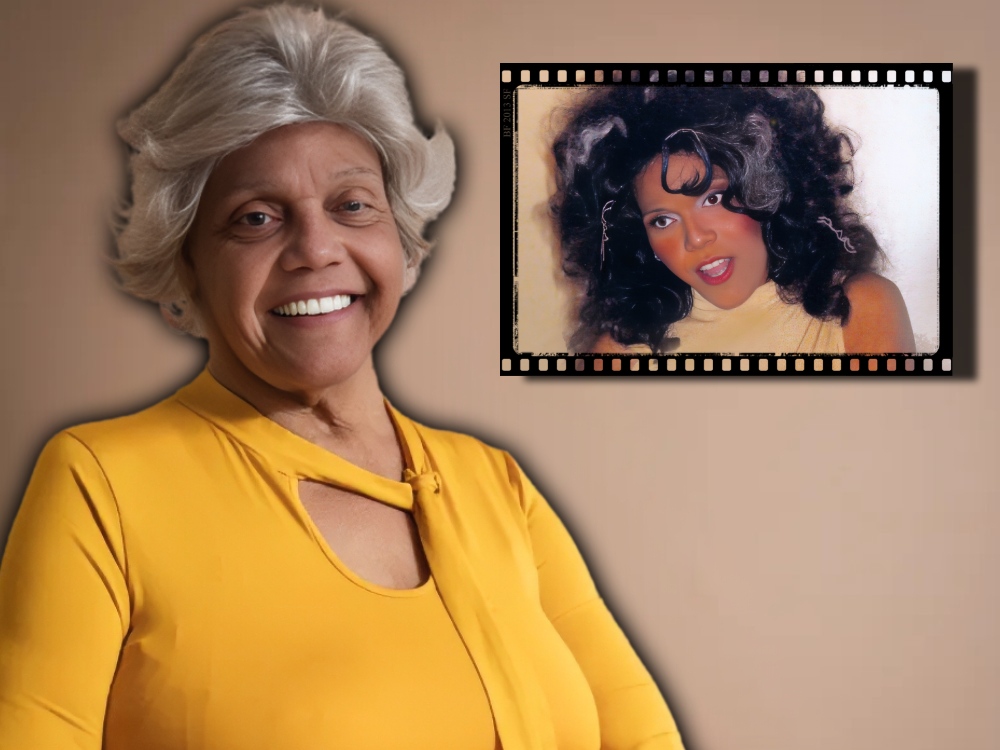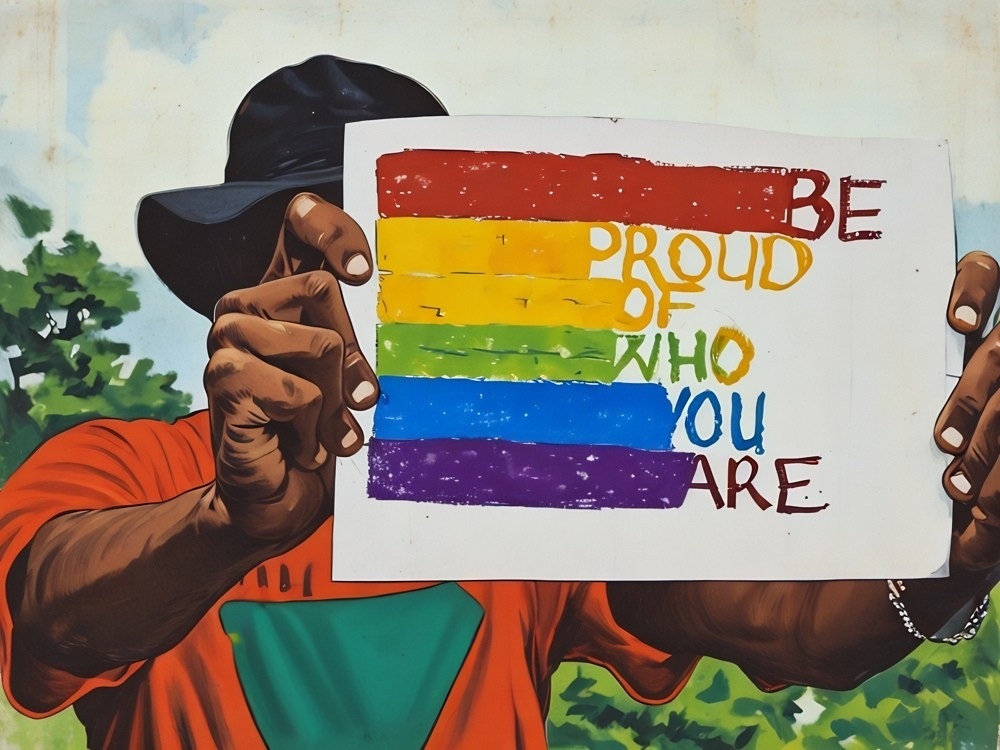Miss Major Griffin-Gracy, a legendary Black transgender activist and elder who devoted more than five decades to the fight for LGBTQ+ liberation, has died at the age of 78.
Her death was confirmed by the House of GG — Griffin-Gracy Retreat and Educational Centre, which she founded.
“She died in the comfort of her home and surrounded by loved ones in Little Rock, Arkansas,” the organisation shared in a statement.
“Her enduring legacy is a testament to her resilience, activism, and dedication to creating safe spaces for Black trans communities and all trans people. We are eternally grateful for Miss Major’s life, her contributions, and how deeply she poured into those she loved.”
Miss Major had experienced ongoing health complications and had recently entered hospice care.
A Lifetime of Revolutionary Activism
For more than 50 years, Miss Major championed the rights of transgender, gender-nonconforming, and LGB people, with a particular focus on Black trans women, trans women of colour, and those impacted by incarceration and police brutality.
Her work spanned from care for people living with HIV/AIDS in 1980s New York to launching San Francisco’s first mobile needle exchange. As director of the TGI Justice Project, she mentored countless incarcerated trans women, affectionately calling them her “gurls.”
In 2019, she founded the House of GG, a retreat designed as a safe, restorative space for trans people to “take a break, swim, enjoy good food, laugh, and recharge for the ongoing fight for our lives.”
“Miss Major fought tirelessly for her people,” the centre said. “Her love was as vast and enduring as the universe. Because of her, countless new possibilities have been made for all of us to thrive — today and for generations to come.”
From Stonewall to the South
Born October 25, 1946, in Chicago, Miss Major — who was assigned male at birth — recognised her gender from an early age. In her memoir Miss Major Speaks: Conversations With a Black Trans Revolutionary (with co-writer Toshio Meronek), she described knowing “something was different” long before she had words for it.
After being expelled from college in Minnesota for possessing women’s clothing, she moved to New York City in 1962. There, she performed in drag revues — including the Apollo Theatre’s Jewel Box Revue — and did sex work to survive.
Miss Major was a participant in the 1969 Stonewall uprising, where LGBTQ+ people fought back against police harassment.
“I guess we were just sick of their shit,” she recalled in her memoir. “And suddenly we were fighting — and we were kicking their ass.”
However, she later criticised how the mainstream gay rights movement that emerged from Stonewall excluded trans people.
From Prison to Political Awakening
After a robbery arrest in the early 1970s, Miss Major spent several years in men’s prisons and mental institutions, where she endured horrific mistreatment. While incarcerated, she met Frank “Big Black” Smith, one of the leaders of the 1971 Attica prison rebellion. She said this encounter transformed her into a political person and set her on the path to activism.
Following her release, she became a powerful voice for trans people in prison and survivors of state violence, ultimately serving as the first executive director of the Transgender, Gender-Variant, and Intersex Justice Project (TGIJP).
Caring Through the AIDS Crisis
In the 1980s, Miss Major provided frontline care to people living with HIV/AIDS in New York and later founded Angels of Care, a home health agency in San Diego. She lost her partner, Joe-Bob Michael, to AIDS in 1995.
After relocating to San Francisco, she continued her community work as a health educator and launched GiGi’s Place, a drop-in centre for trans people. Her advocacy extended to street outreach and harm reduction services. In 2016, she moved to Little Rock, Arkansas, where she lived until her passing.
“I’m Not Going Back”
Though often critical of the U.S. political system, Miss Major addressed the LGBTQ+ Caucus at the 2024 Democratic National Convention in Chicago with a rousing speech that went viral.
“I’m not going back. I refuse to go back,” she told the crowd. “And if [Trump] thinks we’re going back — f**k him in his ass.”
Her passionate call to action ended with an endorsement of Vice President Kamala Harris for president.
Legacy That Lives On
Miss Major is survived by her partner Beck Witt; her sons Christopher, Asaiah, and Jonathon; her “daughters” including Janetta Johnson, who succeeded her as executive director of the TGIJP; her sisters Tracie O’Brien and Billie Cooper; and countless members of her extended chosen family.
In her memoir, co-author Toshio Meronek reflected on her enduring joy:
“Her joy comes from a place I don’t fully understand. Despite her taste for the macabre — the Saw movies were her favourites — she always tempered the dark with sentimentality and optimism.”
































